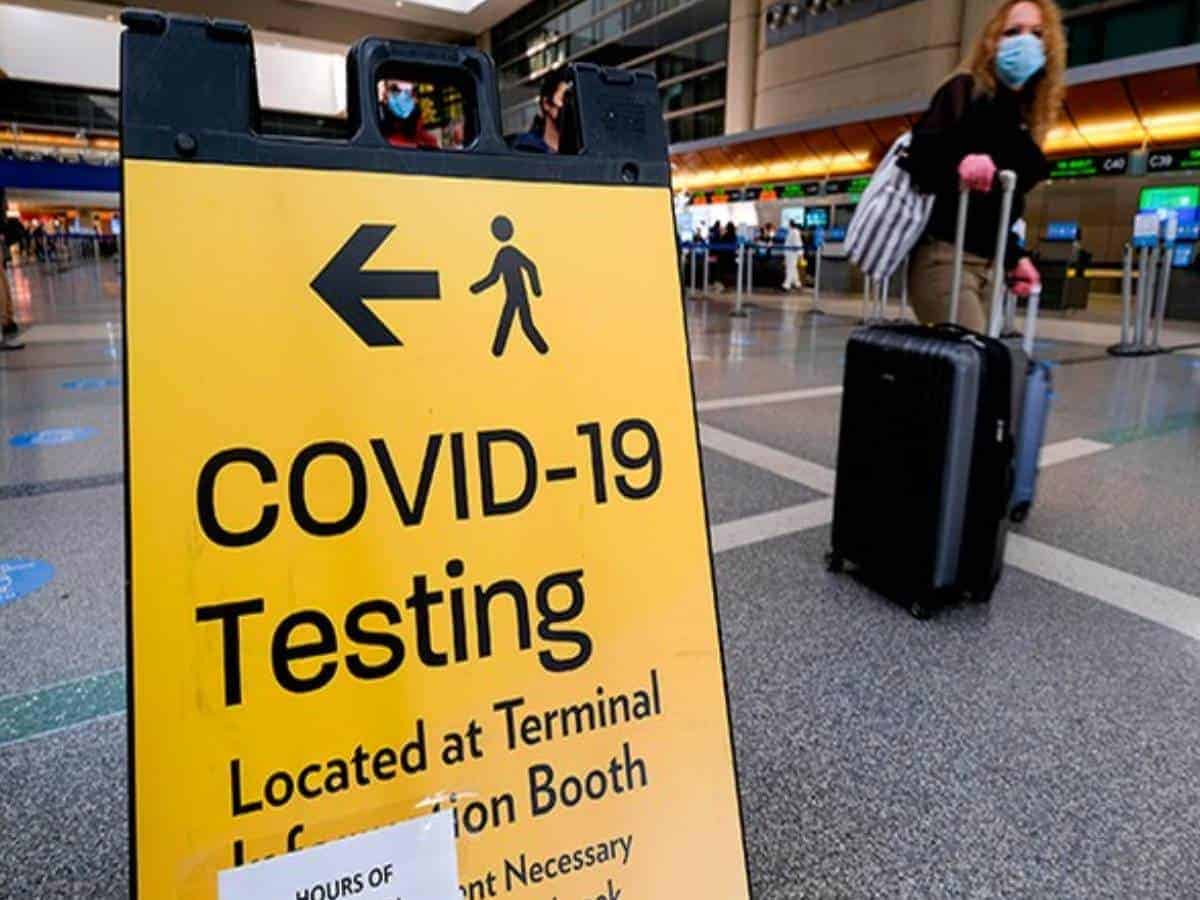Geneva: The International Air Transport Association (IATA) has welcomed relaxation of COVID-19 border measures for vaccinated passengers and the broader use of affordable antigen testing adopted by Spain and France this week.
This is tempered by ongoing disappointment at the failure to implement harmonised measures across Europe and deep frustration at the lack of coordination among governments worldwide for a data-driven risk-managed approach to re-establishing the freedom to travel.
As of June 7, Spain opened its borders to most vaccinated travellers from around the world and allowed EU travellers to enter the country with a negative antigen test.
Besides, passengers coming from low-risk countries (including the UK) can enter without any restrictions.
From June 9, France opened to vaccinated travellers from all but those countries assessed as high risk. Vaccinated travellers from medium-risk countries will need to provide proof of a negative COVID-19 antigen or PCR test, and unvaccinated people must still self-isolate for seven days.
“It is encouraging to see more European countries taking steps to reopen borders. They recognise the opportunity created by vaccination and are making travel more affordable with the use of antigen testing,” said Willie Walsh, IATA’s Director General.
“But this approach is not universal across the continent. Many European states have yet to significantly relax borders at all. This fragmentation should be replaced with a unified approach that is consistent with the recommendations of the EU to which they belong.” “People, businesses and economies will all benefit from greater alignment across Europe in relaxing measures and restoring the freedom to travel,” said Walsh.

